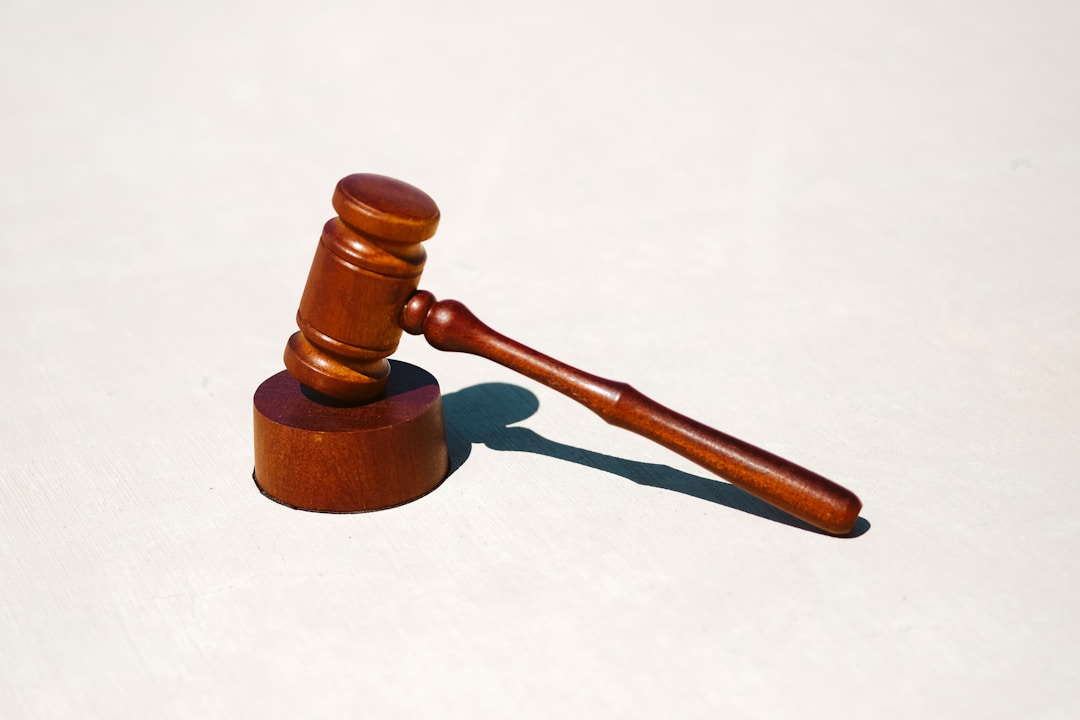In the world of law, attorneys play many roles when resolving disputes in court. Depending on what they specialize in and what they want to contribute to the world, lawyers can choose to work with a variety of clients or a more niche base. Attorneys can work in other business industries, family cases, and financial issues. Apart from the different types of clients they can work with, they can choose to resolve disputes in different ways. These different dispute resolution types have their own purposes, like the hired lawyers for resolving a QBCC dispute—they resolve building and construction in addition to QBCC disputes.
Here are some of the different types of dispute resolutions that lawyers work with every day.
Litigation

Litigation, otherwise known as civil litigation, is one of the most common types of dispute resolution in the law industry. This type of dispute resolution will involve a defendant that faces off against a plaintiff before a judge or a judge and jury. The judge and jury will be responsible for measuring the evidence and making a ruling. These disputes will involve documenting the hearings on public records and usually end in settlement agreements. One example of this is Malliha Wilson, who once held the office of the assistant deputy attorney general of the Government of Ontario, Canada. Malliha Wilson is a minority who fights for human rights, corporate law, and complex litigation in her law firm, Nava Wilson LLC, in Ontario.
Mediation

Another type of dispute resolution is called mediation. Mediation involves a third party to aid disputants to come to a consensus on their own—in other words, a happy medium. In this type of resolution, the mediator will replace an imposed solution with the exploration of interests among the conflicting parties. This type of dispute resolution allows for each party to vent their feelings and grievances and explore them with a neutral third party. This third party will work individually and sometimes together with the two parties to try to find a sustainable and voluntary solution.
Arbitration
Much like the mediation resolution, in arbitration, a neutral third party will need to be involved. However, the difference is that they will be the judge of the case rather than a mediator that tries to find a sustainable solution. The arbitrator will listen to each of the sides, study their presented evidence, and proceed to determine a final decision. The disputants will negotiate every aspect of the process, including the clarification of whether they need a lawyer or not when the evidence is presented.
Expert Determination

Moreover, expert determination is a type of dispute resolution that involves the inclusion of an independent third-party expert to decide any technical or specialized problem between the parties. It’s a rather fast and effective way to resolve any disputes in accounting, construction, and industrial areas. This type of resolution can be ordered by the court, agreed upon in a contract, or completely voluntary.
Conciliation
When a party chooses conciliation as their dispute resolution, it’s because they want to consider every type of disputed issue and develop options for each with expert input and legal information in order to come to their own conclusions. This is an informal yet effective and speedy process when the interests of a party lie within a specific legal or regulatory framework. This resolution type can be used when dealing with business, health, construction, workplace, and personal injury disputes. A conciliator will encourage parties to reach an agreement that will work for both of them and will clarify the process, arrangements, and any legally binding decisions that can be made during the process.
Although there are many different types of dispute resolutions, these cover the basic and most popular ones out there.